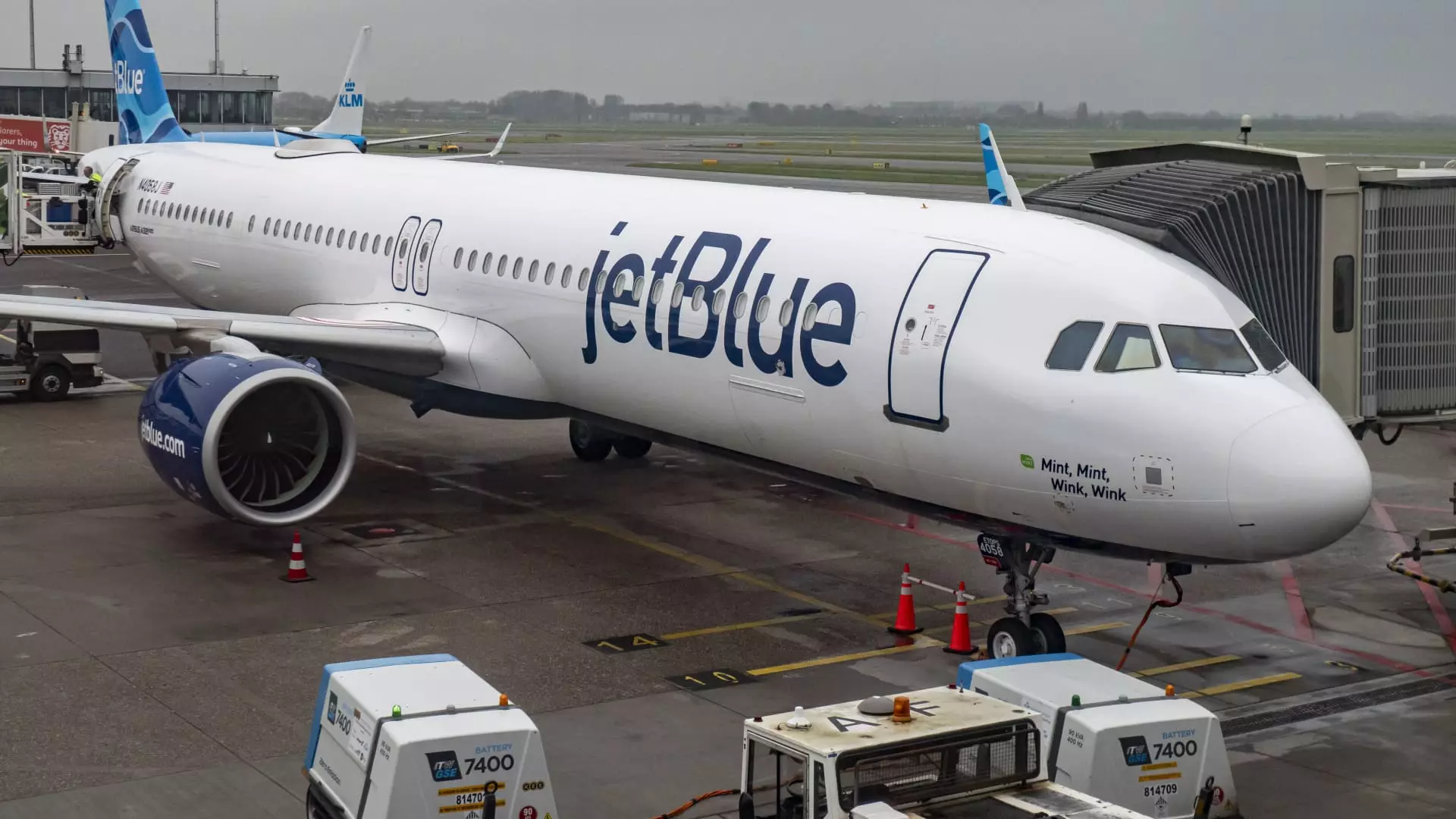In a decisive move to bolster profitability and streamline operations, JetBlue Airways has announced significant changes to its flight offerings. The airline revealed plans to eliminate several underperforming routes, particularly from Fort Lauderdale, New York’s JFK Airport, and other metropolitan areas. This shift indicates JetBlue’s ongoing efforts to realign its business strategy in the face of evolving market dynamics and increased competition.
The decision to cut specific flights, including routes from JFK to Austin, Houston, Miami, and Milwaukee, as well as from Fort Lauderdale to Jacksonville, underscores JetBlue’s commitment to making data-driven choices. By seizing opportunities to withdraw from less profitable markets, JetBlue is aiming to shore up its financial health. Additionally, the cessation of service to San Jose, California, exemplifies a broader strategy to focus on areas with higher demand where JetBlue can operate more effectively.
JetBlue’s Vice President of Network Planning, Dave Jehn, highlighted in an internal communication the challenges faced in the Miami market, primarily due to the strong presence of legacy carriers. While JetBlue views Florida as a vital region, profitability has been elusive post-COVID. Despite these challenges, the airline remains committed to maintaining service from Boston to Miami, redirecting its resources towards markets that yield higher returns.
The decision to redeploy Mint business class-equipped aircraft reflects an intention to optimize JetBlue’s premium service offerings in lucrative markets. By concentrating efforts on routes with strong demand for its business class, JetBlue aims to enhance customer experience while improving revenue streams.
Europe and Future Opportunities
JetBlue is also making adjustments to its European operations, signaling a strategic pivot towards the continent that could unfold in the coming months. Following a successful period of revenue growth towards the end of the year, the airline plans to announce new European service routes next week. However, it will also retract from two key flights—ceasing the second JFK-Paris route and the seasonal service to London Gatwick starting summer 2025.
Such decisions reflect an adaptive strategy in response to shifting consumer behavior and operational challenges, including issues with Pratt & Whitney engines. JetBlue is evidently keen on navigating through a post-pandemic landscape, laying the groundwork for sustained recovery and growth within the international travel sector.
JetBlue has taken a proactive approach to customer service in light of these inevitable adjustments. Affected travelers will retain flexibility, with alternate flight options available or the ability to receive refunds. This move highlights the airline’s commitment to maintaining customer satisfaction even as operational changes are underway.
By prioritizing customer needs while undertaking essential operational shifts, JetBlue demonstrates its understanding of the competitive landscape in the airline industry. The recent stock surge indicates market confidence in JetBlue’s strategical revisions and its potential path towards enhanced profitability.
JetBlue Airlines is clearly navigating a complex environment with a focus on consolidating its operations and creating a robust framework for future growth. The recent changes not only reflect a response to contemporary challenges but also position the airline favorably for emerging opportunities in the travel sector.

